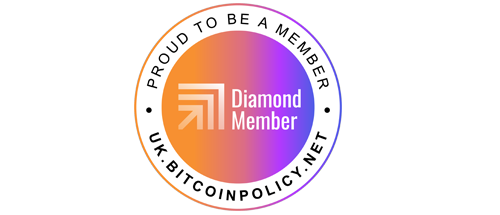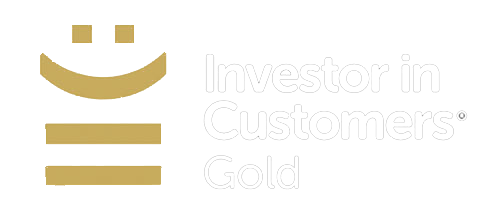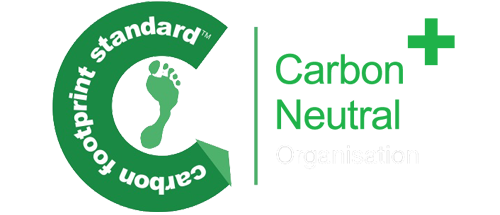For some people, there’s no such thing as ‘too much sun’. And, after a spurt of sunshine, and a particularly sunny bank holiday we’ve got sunshine on the brain.
Holidays in the sun, garden BBQ’s and plenty of back-garden lounging will be on the agenda for many over the forthcoming weeks. And, for good reason too; getting that dose of vitamin D is known to improve our moods, our immune systems and the quality of sleep we have.
However, we all know about the impact of too much sun. In the short-term we think burnt skin, sun stroke, blistering and in the long-term faster aging skin, cataracts and even the dreaded C-word.
Although the UK is far from being considered a ‘hot’ country, we still hit a record high in melanoma skin cancer cases in 2024, with projections reaching 20,800, according to Cancer Research UK.
Key warning signs to remind your employees
Changes to moles and lesions appearing, as well as new lumps and bumps, are often cited as the common signs to look out for when it comes to skin abnormalities that include cancer.
Officially, the NHS and Cancer Research UK highlight the following to look out for when checking yourself or a partner:
- Red patches on your skin, which may also be itchy. This of course, could be due to other non-cancerous skin conditions. However, it’s always good to have it checked.
- A change to a mole or freckle. This might be small, slow growing, shiny and pink or red.
- An area of skin that has broken down (an ulcer) and doesn't heal within four weeks, and you can't think of a reason for this change.
And, as you’d expect, working environment matters too. Employees who work outdoors are more than twice as likely to develop Non-Melanoma Skin Cancer (NMSC), the most common cancer in the UK, confirmed a study completed in 2020. The survey of more than 3600 members of the public found that 64% of employees who worked outside for more than one hour per day were not getting any help from their employers to protect against skin cancer. As such, NHS guidance to “not spend any longer in the sun than you would without sunscreen” is an important message to remind all your staff, whatever their working environment. However, its guidance that may not always be possible for them to follow.
Support you can you offer your people
There’s a wide range of support on offer to help support your employees with their skin health. With access to an NHS dermatologist proving challenging for many, providers are offering Cancer Awareness sessions and the option to screen for Skin Cancer as an added option.
Moreover, there are plenty of options as to how this works. Some providers send a special camera lens out to your employees’ home to offer home screening for up to five moles/lesions that they may have concerns about. Other providers offer staff a top to toe screening session with a specialist cancer nurse.
There is also an option of having genetic testing for certain cancers, which some Private Medical insurers fund, depending on the type of plan that you are on.
On top of this, providers often offer the option to screen for not just skin cancer but also some additional cancers such as bowel/colon, breast, cervical, lung, testicular, prostate.
Cancer checks via Salary Sacrifice
Some providers offer the opportunity to introduce cancer checks via a Salary Sacrifice arrangement too.
Instead of paying for a cancer screening via an employee’s Net Pay, Salary Sacrifice or Exchange (as it’s sometimes referred to), can reduce an employee’s salary via non-cash benefits such as these instead. However, it’s important to bear in mind that under a salary sacrifice arrangement they can only have one health screen/cancer check a year. So for example, if a member of your staff wanted to have a breast cancer check as well as a skin cancer check in the same year, one check would need to be completed outside Salary Sacrifice and paid via their net pay.
By giving up that part of their salary, they are effectively reducing their gross income through the sacrificed element, so it is not subject to tax and national insurance. As a result of doing this, they are effectively lowering the cost of the screening.
Tax and NI savings
Just bear in mind that if you reduce an employee’s gross salary, this can potentially affect the amount they could apply for should they wish to take out a loan, depending on the lender. It is also worth bearing in mind that any maternity or redundancy pay would be based on the member’s reduced salary. As well as this, Salary Sacrifice must not take a member’s salary under the Minimum Wage.
However, by introducing such a scheme, your employees have a simple method for catching potentially terminal diseases at an earlier stage. Moreover, by doing so you’ll improve overall health outcomes, reduce longer periods of absence / group life claims and also minimise the associated impact this would have on the business and its employees.
To learn more please contact John Mullally, Group Risk and Healthcare Consultant using the form below.












